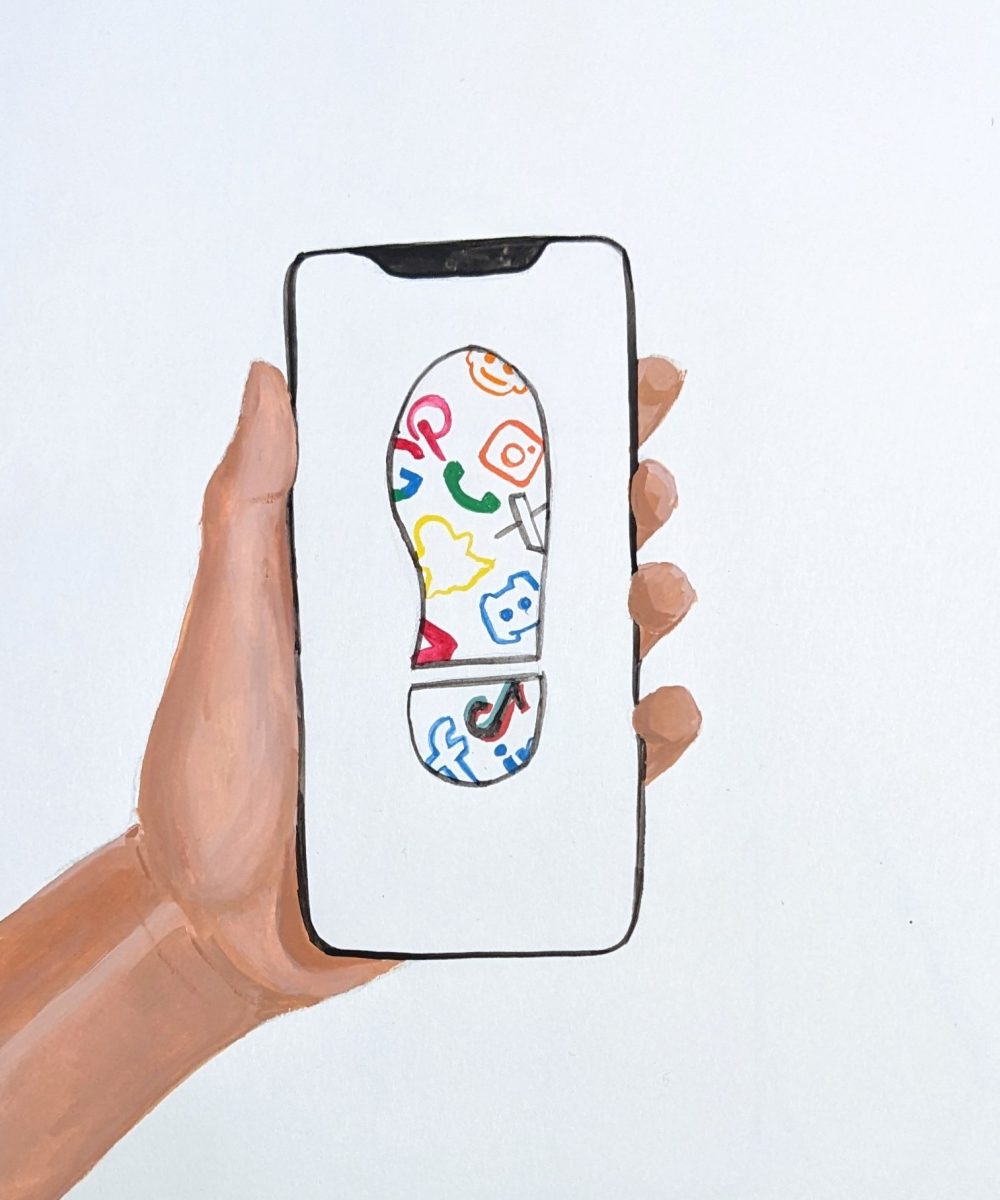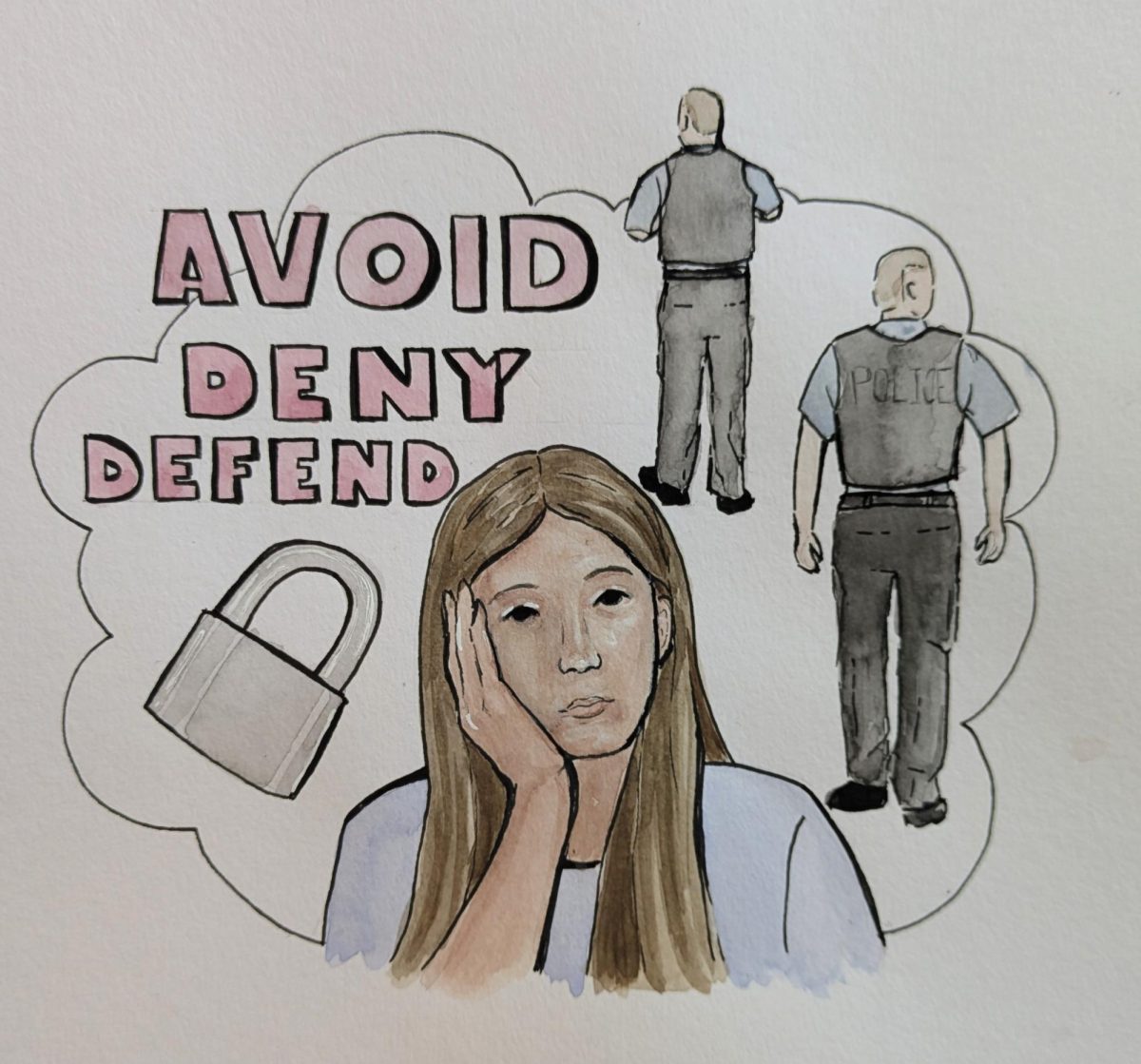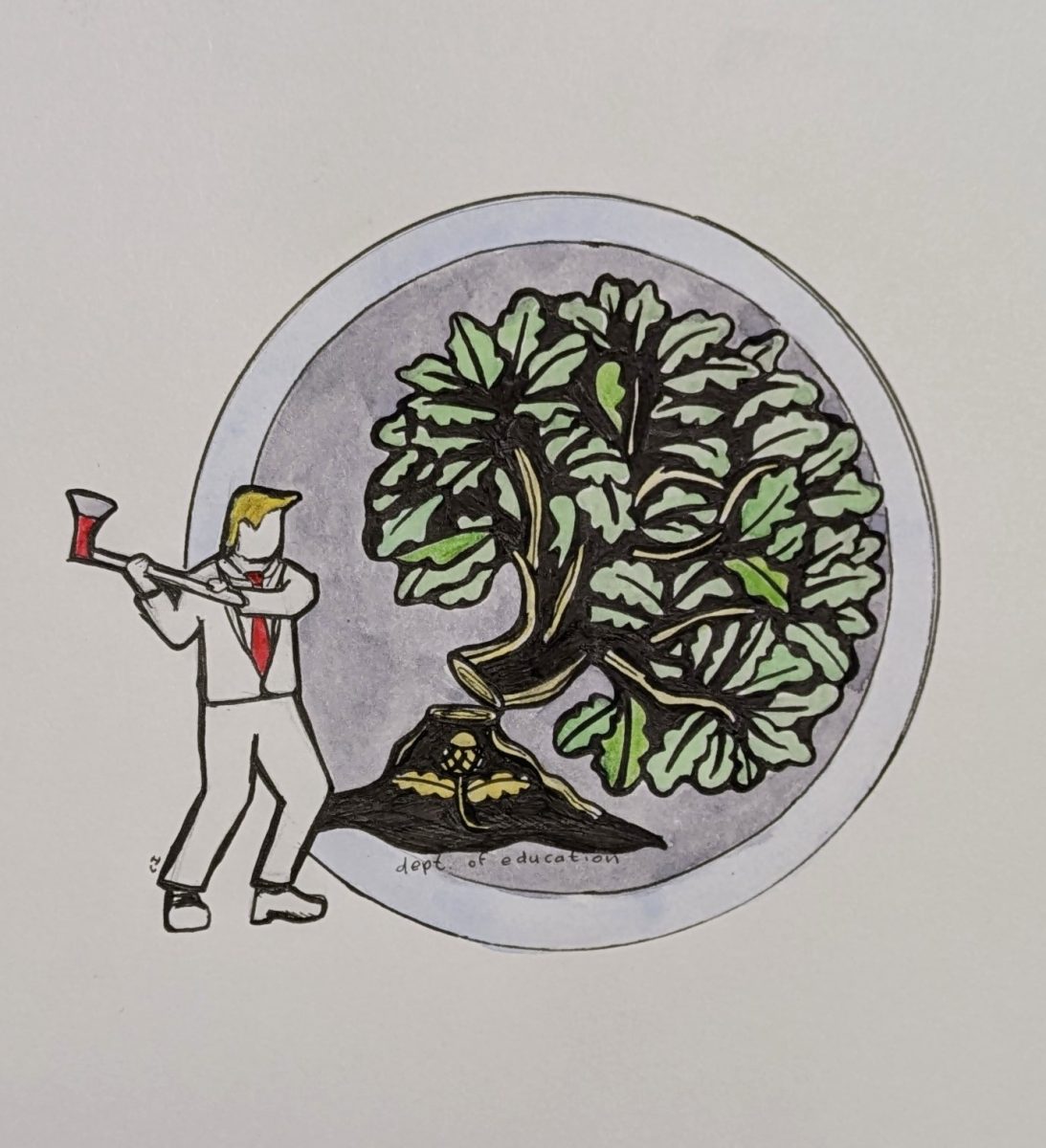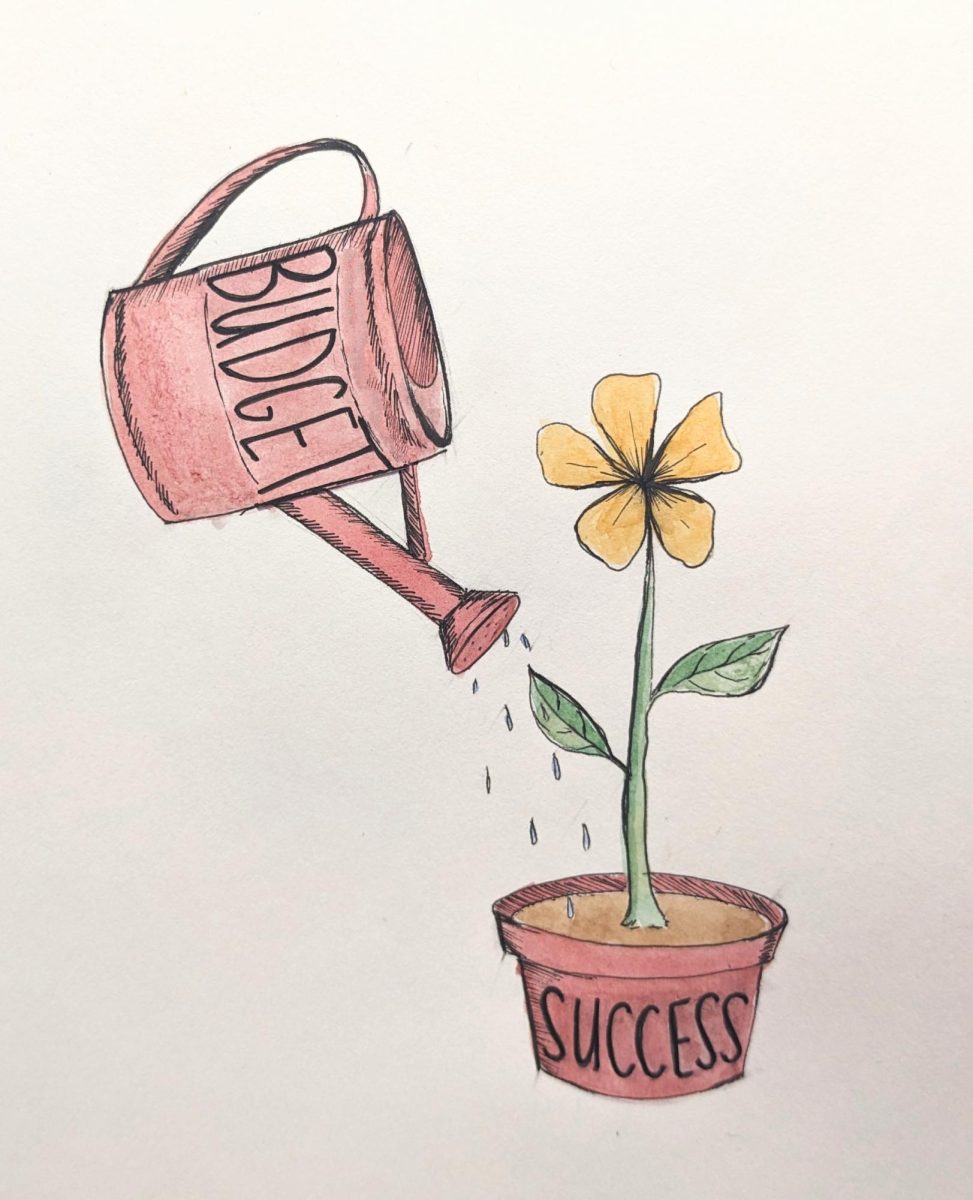This article was previously published in our December issue.
In an increasingly digital world, privacy has become a thousand times more complicated than just a few decades ago. The so-called “digital footprint,” the trail one leaves behind on the internet, has become somewhat of a phenomenon in modern history. Criminals have been found or indicted by police and prosecutors through their online history; scammers utilize personal data publicly shared to their advantage; and students are declined college admission over distasteful memes they shared.
More specifically, in 2017, Harvard University revoked admission offers to 10 incoming freshmen due to inappropriate and wildly offensive images and posts, including various memes, that they shared in a Facebook group. This is but one example of the drastic consequences associated with a negative digital footprint. Putting one’s data out there, no matter how minute, can have long-lasting implications. Posts on social media, internet searches, and even emails, can all result in your personal information being leaked.
At Emmaus High School, the negative effects of social media have already become clear. Fist fights and other actions are being recorded and amplified via apps like Instagram and Snapchat, potentially making their way to people such as admissions officers and possible employers. The EHS and East Penn administrations have taken steps to try and resolve this by limiting cell phone usage, particularly in the bathrooms, but it is not enough. All students must take it upon themselves to have more self-control and self-awareness, especially when it comes to posting online.
What one says online can have long-lasting effects and repercussions, even in high school. In 2017, Mahanoy Area High School, just an hour from EHS, suspended a student from the JV cheerleading team after she made a Snapchat post using several expletives referring to several of the school’s sports teams. She was not on school property when she made the post. Still, the school’s decision, and Mahanoy’s legal challenge lasted for two years, until the Supreme Court ruled in favor of Mahanoy in 2021. Regardless, she could have avoided the whole ordeal had she vented to a friend or family member in-person instead of posting to social media.
At this point in the development of the internet, it is virtually impossible to avoid leaving a digital footprint of some kind. However, there are ways to mitigate its effects. Using a VPN, or virtual private network, severely limits the amount of your data that can be accessed on the internet. It scrambles internet traffic in a way to make it virtually unreadable, protecting your information. However, better and more complex fixes such as these cost money. Additionally, limiting your post very deliberately, but even so, all your browsing still accumulates in your digital footprint, even without posting. For a cost-free solution, using alternative search engines, like DuckDuckGo, which protect privacy can be a helpful technique.
However, all these are just ways to limit your data spreading unwittingly, not preventing it entirely. Besides, setting up these methods can be time-consuming and sometimes costly. Perhaps the best solution is for us, to in addition to being more aware as to what we do online, is to spend more time off the internet entirely. It’s definitely healthier for us, both mentally and physically, as shown by multiple studies.
A recent article by the National Institute of Health shows that prolonged online activity may be associated with cognitive decline. Also, according to Villanova University, using the internet extensively can damage relationships by “distracting you from uncomfortable emotions.” While it may be easier to escape into the void of the Internet, we must all acknowledge that ultimately, dealing with our problems in real life is the better solution. Instead of diving into Reddit or Facebook to deliver unhinged rants, simply talk to someone you trust.
As a media organization actively expanding its online presence, The Stinger recognizes the value of increased knowledge and ideas that can be shared via the internet–despite leaving a digital footprint. However, we still must acknowledge the harm–to others, but also ourselves, that can be brought on by unaware and knowledgeable actions online. Although being online has dominated nearly every aspect of our lives – school, communication, gaming – it’s time to recognize that although we grew up alongside technology, we don’t know all the effects yet. It is essential to retain caution and awareness of what we do on the internet.








